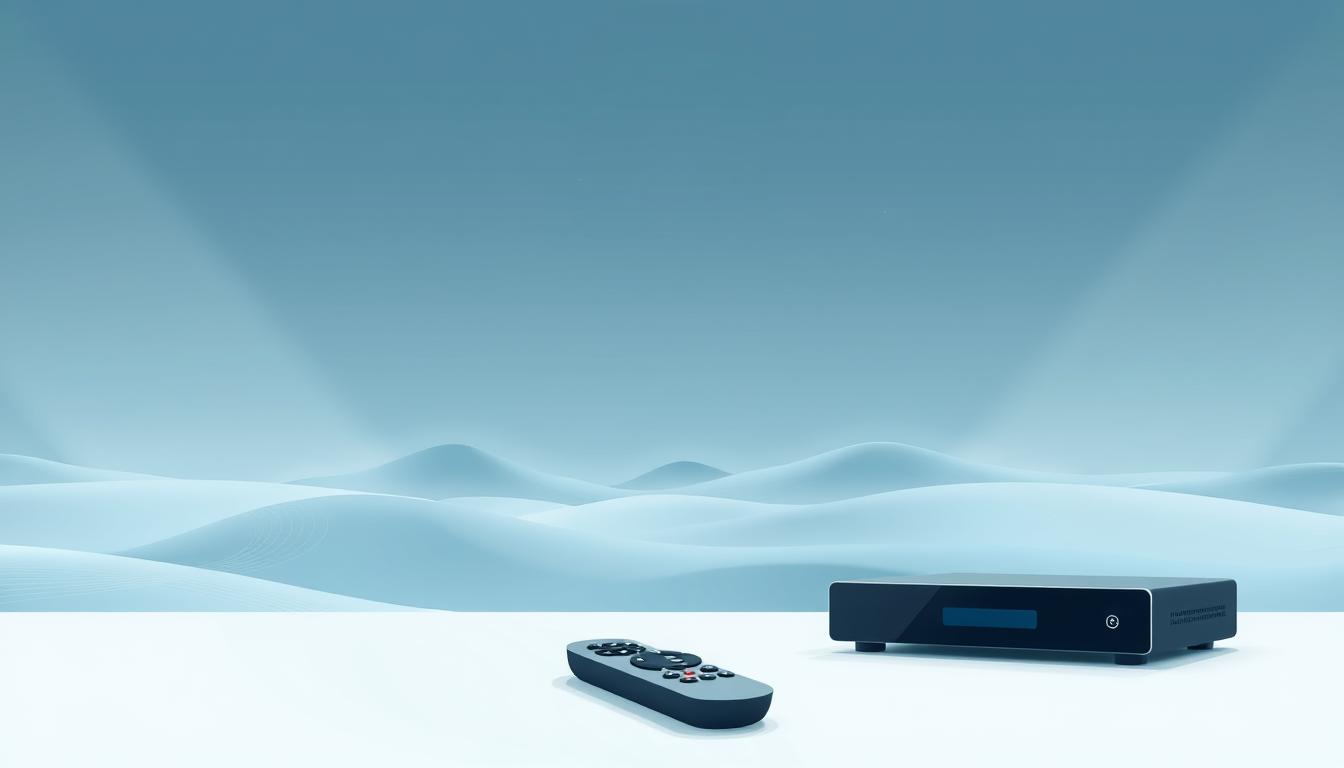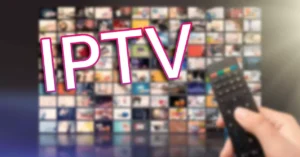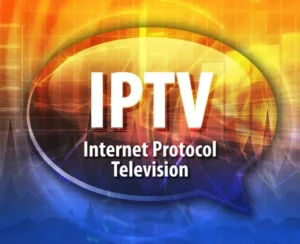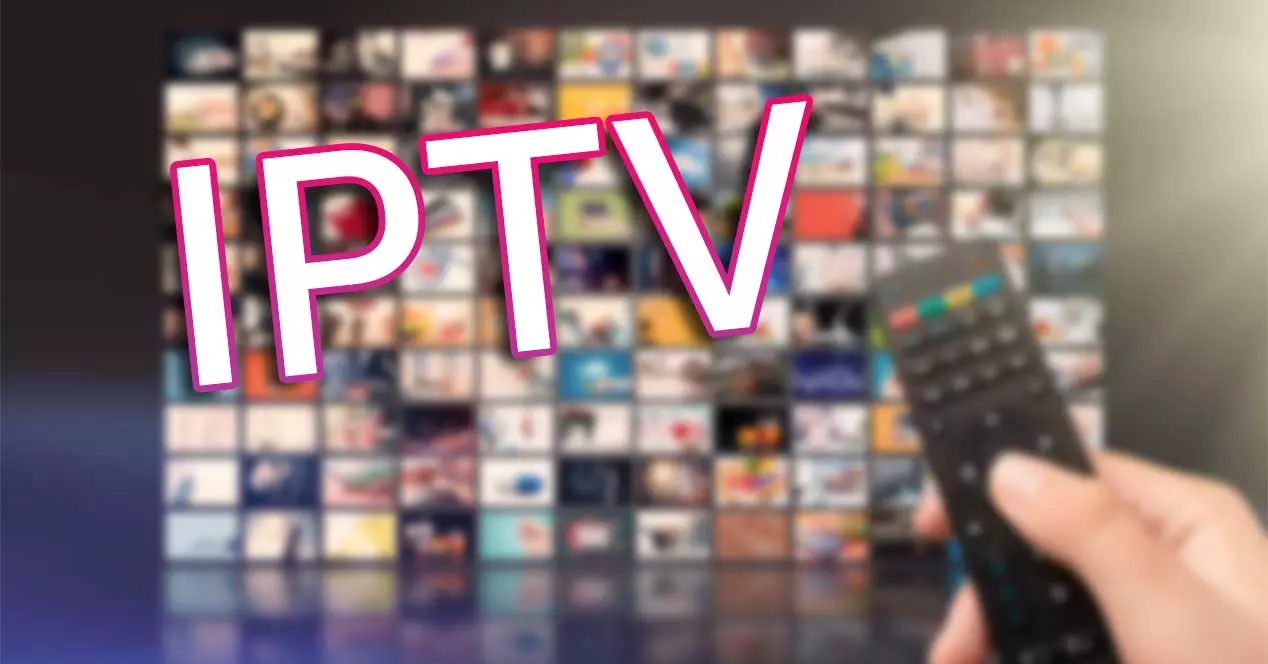Explore UK IPTV Subscription
Table of Contents
- Introduction
- What is IPTV?
- Understanding IPTV
- Definition of IPTV
- How IPTV Works
- Difference Between IPTV and Traditional TV Services
- Understanding IPTV
- Benefits of IPTV
- Why Choose IPTV?
- Cost-Effectiveness
- Flexibility and Conenience
- Variety of Content
- Quality of Service
- Improved User xperience
- Environmentally Friendly
- Outbound Links
- Internal Links
- Why Choose IPTV?
Introduction
In a digital-first world, how we consume content has dramatically evolved. The rise of uk IPTV (Internet Protocol Television) is revolutionising how people in the UK watch television. Traditional broadcasting methods are being replaced by more innovative, user-centric platforms. With a UK IPTV subscription, viewers are unlocking a whole new world of entertainment, flexibility, and convenience that simply wasn’t possible before. This article explores everything you need to know about UK IPTV, especially in the UK context.
What is UK IPTV?
Understanding UK IPTV
UK IPTV is a modern way of streaming television content through the internet rather than through traditional satellite or cable formats. It offers a wide range of channels and content directly to your device, whether it’s a smart TV, computer, tablet, or smartphone.
Definition of IPTV
IPTV stands for Internet Protocol Television. It delivers TV programs and video content via internet protocol networks instead of terrestrial, satellite, or cable television formats. This allows users to stream media continuously and in real-time, removing the need to download content first.
How uk IPTV Works
uk IPTV works by sending content through a managed or dedicated network. Unlike over-the-top (OTT) services like Netflix or YouTube, which use the public internet, uk IPTV often operates through private and secure network infrastructure. Here’s a simplified breakdown:
- Content Acquisition – TV stations or content creators feed their media to an uk IPTV provider.
- Encoding and Compression – The content is encoded and compressed for optimal transmission.
- Transmission Over IP Network – It is then transmitted over a broadband or fibre-optic connection.
- Decoding – Finally, a device such as a set-top box or smart TV decodes the signal so it can be displayed on your screen.
Difference Between uk IPTV and Traditional TV Services
| Feature | IPTV | Traditional TV (Cable/Satellite) |
|---|---|---|
| Delivery Method | Internet | Cable/Satellite |
| Interactivity | High | Low |
| On-Demand Access | Yes | Limited |
| Installation | Minimal | Often complex |
| Device Flexibility | High | Limited to TVs |
| Customisation | High | Standardised |
 Traditional services broadcast all channels to all users, while IPTV offers a “pull” model—only sending what the user selects. This ensures efficient bandwidth use and a better overall user experience.
Traditional services broadcast all channels to all users, while IPTV offers a “pull” model—only sending what the user selects. This ensures efficient bandwidth use and a better overall user experience.
Benefits of IPTV
Why Choose IPTV?
UK consumers are increasingly switching to IPTV subscriptions—and for good reason. Here’s a closer look at the key advantages.
Cost-Effectiveness
IPTV often comes at a significantly lower cost than traditional satellite or cable services. You can subscribe to packages that are customised to your preferences—no need to pay for channels you never watch. Additionally, the absence of hardware rentals and installation fees adds to the affordability.
Flexibility and Convenience
One of the standout features of IPTV is the ability to watch content anytime, anywhere. Whether you’re at home, commuting, or travelling abroad, you can stream your favourite shows using any internet-enabled device. Most services offer:
- Multi-device support
- 24/7 live channels
- Replay and recording features
- Cloud DVR options
This level of convenience is unmatched in the traditional TV space.
Variety of Content
IPTV provides access to a wide range of content, including:
- Local UK channels (BBC, ITV, Channel 4, etc.)
- International channels
- Sports networks (Sky Sports, BT Sport)
- Movies and series
- Pay-per-view events
- Adult content (if included in the subscription)
- Language-specific channels for ethnic communities
This ensures that every viewer can find something tailored to their tastes and cultural preferences.
Quality of Service
Modern IPTV platforms are designed for high-definition and even 4K streaming, offering superior video and audio quality. With a stable internet connection, buffering is minimal, and many services offer adaptive bitrate streaming to maintain smooth playback even under varying network conditions.
Improved User Experience
Features that elevate the viewing experience include:
- Electronic Program Guides (EPG): Easy navigation through what’s playing now and next.
- Video On Demand (VOD): Instantly stream movies, TV shows, and special content.
- Catch-up TV: Never miss a show again.
- Personalisation: Recommendations based on your viewing habits.
- Parental Controls: Manage what content children can access.
This level of control and user interface sophistication is hard to find in older TV models.
Environmentally Friendly
IPTV eliminates the need for bulky hardware, DVDs, and printed program guides. It’s a greener option, reducing electronic waste and packaging materials associated with traditional TV setups. As sustainability becomes more important to consumers, IPTV’s minimal environmental footprint is an added advantage.
Outbound Links
For more information about IPTV and related technologies, check out these resources:
- Ofcom: Understanding TV and Radio Broadcasting in the UK
- What is IPTV? – TechRadar Guide
- Streaming Media: IPTV Explained
These sources offer further insights into the development and regulation of IPTV in the UK and globally.
Internal Links
For deeper dives into related topics on our site, visit:
- Best UK IPTV Providers in 2025
- How to Set Up IPTV on Smart TVs
- IPTV vs. Satellite TV: Which is Better for You?
- Guide to IPTV Legal Regulations in the UK
These internal articles can guide your IPTV journey from beginner to expert.












